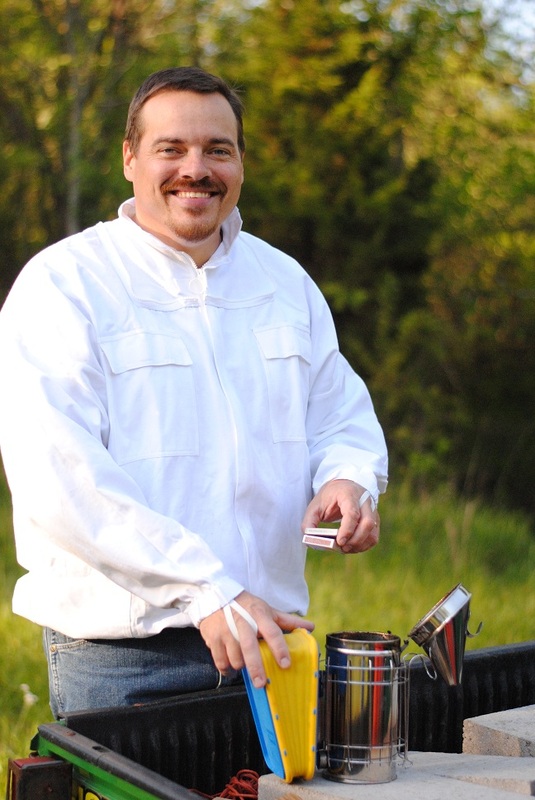My grandparents would not have considered themselves hobby farmers, but by my modern standards they were much more “farmer” than me. Times have always been hard in rural Appalachia and the Great Depression was the great re-enforcer of a hard living. My grandfather earned the best living available in his circumstances, in the coal mines deep underneath the mountains. He didn’t talk about mining often but would share a recurring memory of his first few years loading pony carts of coal, getting paid by the cart, and being deducted for any “rock” (which seemed to have been a subjective term applied randomly by the boss.) In my youth I was more interested in hearing about the ponies that lived most of their lives underground, but the story has stuck with me through my years. As fortunate as he considered himself to have a “good job” my grandparents kept a dairy cow, a steer, a couple of hogs, honeybees, laying hens, and a garden larger than a couple of suburban lots. They didn’t do it because it was fun. They did it for survival. They couldn’t afford not to be “hobby farmers.”
Welcome to the 21st century. Like my grandfather, I consider myself fortunate to have a “good job.” In fact, I have a career successful enough that I can choose to raise my family on a hobby farm. I hobby farm because I CAN afford it, not because I can’t afford not. I look at that striking piece of architecture that doubles as the chicken house and realize that our hens would have to lay golden eggs for that enterprise to breakeven in the next decade. I wouldn’t want to calculate the cost of hay we’ve pumped into those equine compost machines in the barnyard. The maple syrup we canned on Saturday, the price per ounce likely rivals that of some lesser precious metals.
I’m not lamenting the cost and effort associated with the lifestyle I can afford to lead. I feel privileged to have the freedom to choose it. I can also understand why my personal approach to sustainability is out of reach to some and less than attractive to others. There have been many innovations and economic successes over the past 60 years that have provided us with a more prosperous life than our grandparents. As I sunlight (isn’t that the opposite of moonlight?) as a business leader of innovation, I’m heartened by the innovations and economic drivers that created that prosperity. I am also pained by the challenges it has created. I think an answer lies somewhere in an approach similar to the one that created that dilemma. To address those challenges we must look toward innovation and economic success, but innovation around a different problem definition and within a different context. With innovation breakthrough often comes through reframing the problem.
Perhaps I’ll boil some more sap, clear some more brush and ponder some more this weekend.
-Gary

 RSS Feed
RSS Feed